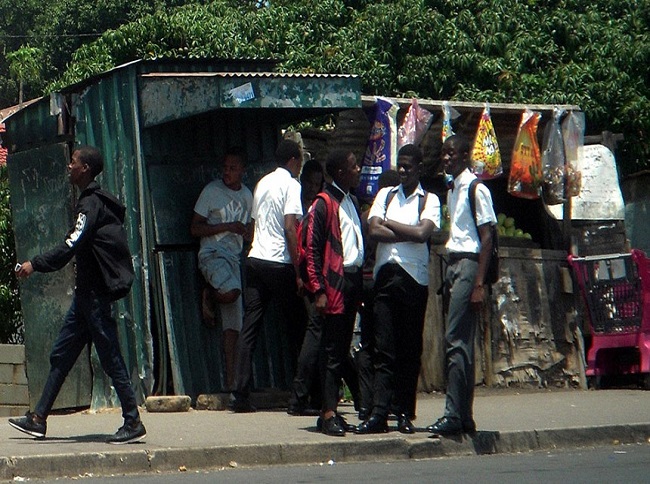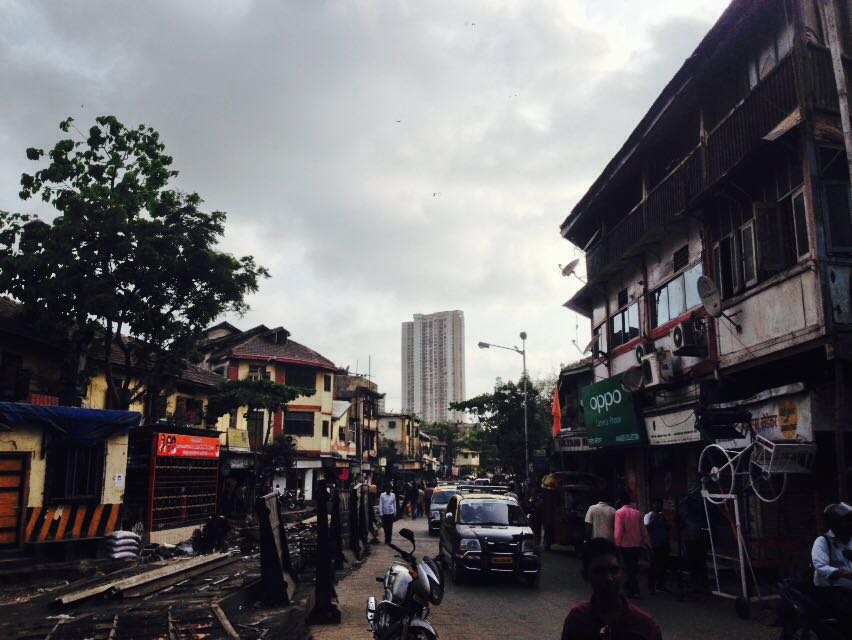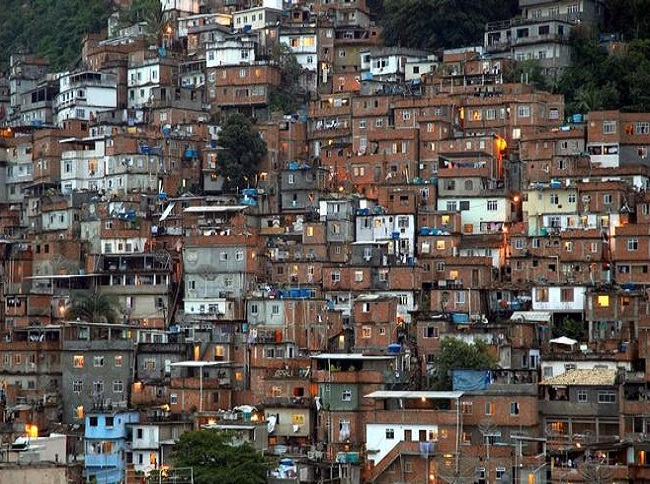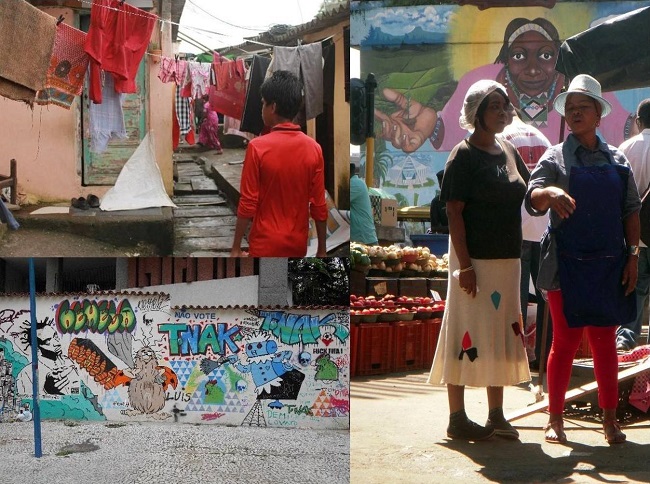
People, Places and Infrastructure: Countering Urban Violence and Promoting Social Justice in Mumbai, Durban & Rio De Janeiro
Research Institutes: Centre or Urban Policy and Governance,Tata Institute of Social Sciences (Mumbai); University of KwaZulu-Natal (Durban) and Instituto de Pesquisa e Planejamento Urbano e Regional (IPPUR), Federal University of Rio de Janeiro (Rio de Janeiro)
Funded By: The International Development Research Centre
Duration: April 2013 to March 2016
The project looks at forms of urban violence in 12 locations across three cities in the global south - Mumbai, Durban and Rio de Janeiro. It uses spatial justice as a pivotal concept for analysing emerging forms of violence, poverty and inequality. It argues that the alliance between the state and market is a key driver for these socio-spatial transformations, producing several injustices and inequalities. It also examines how groups of urban poor and marginalized populations actively engage in negotiating, thwarting and often subverting these situations through multiple strategies that range from the formal to the informal. These struggles and experiences are seen as critical to the claims of poor groups to the city, with peace and violence employed as vehicles by both the state-market alliance and local groups.
The project has also built intra-city networks between groups of research fellows from within communities in the cities, and is working toward building a network of academic institutions engaged in challenges of urbanization at a national and international level through organizing conferences and participation in various forums.
Global Narrative Report
By Himanshu Burte, Lalitha Kamath and Nirali Joshi, Centre for Urban Policy and Governance, TISS
The production of space in Mumbai, Durban and Rio de Janeiro has diverse starting points, but the nature of urbanisation in the neoliberal era has had similar outcomes: the restructuring of urban space that has exacerbated inequalities and vulnerabilities among the urban poor. This comparative report sets up a conversation between the city-level studies conducted in Mumbai, Durban and Rio de Janeiro through a common theoretical framework using key concepts of socio-spatial transformation, state-market axis, violence and spatial justice.
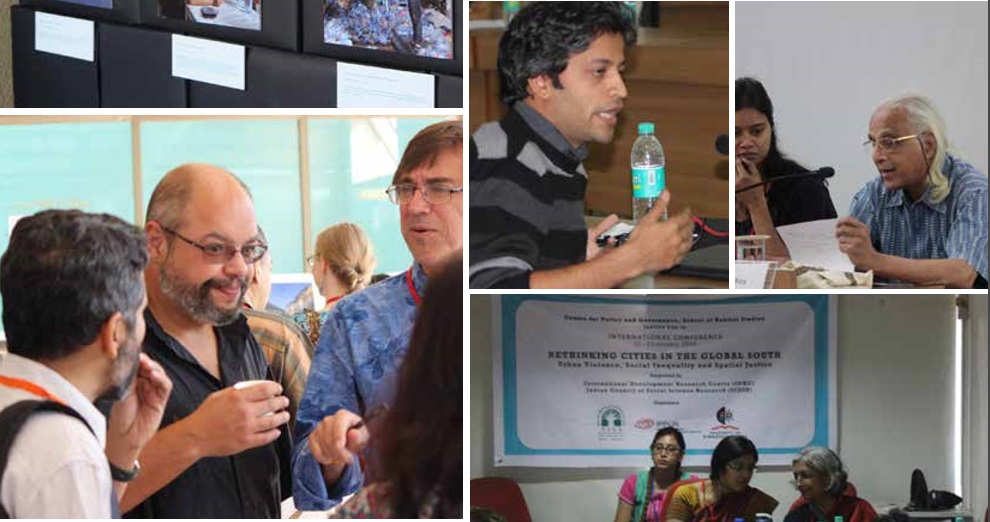
INTERNATIONAL CONFERENCE
Rethinking Cities in the Global South: Urban Violence, Social Inequality and Spatial Justice
Held at the Tata Institute of Social Sciences, Mumbai
From January 19 to 23, 2016
Hosted by the Centre for Urban Policy and Governance (CUPG), Tata Institute for Social Sciences, Mumbai in partnership with Instituto de Pesquisa e Planejamento Urbano e Regional (IPPUR), Rio de Janeiro and University of KwaZulu-Natal, Durban.
Given that the empirics of urbanisation is shifting to the Global South, a need was felt to stimulate comparative conversations, actively build knowledge and analysis, and consolidate empirical and theoretical studies about the urban. The international conference held in January 2016 privileged conversations focused on Southern narratives, experiences, and voices that challenged the existing scholarship on cities.
The international conference was attended by participants from across 29 cities and 11 countries, and featured an eclectic mix of academics, students, activists, urban practitioners, state actors, planners, engineers, architects, policy makers, and NGOs who are engaged in research, advocacy, campaigns and movements.
For more details on the conference visit saicinternationalconference.tumblr.com
PUBLISHED PAPERS
Safe and Inclusive Cities: Pointers towards a Research Agenda
By Amita Bhide, Anant Maringanti and Darshini Mahadevia
A collection of selected papers from the international conference held at the Tata Institute of Social Sciences were published in the 'Review of Urban Affairs' of Economic and Political Weekly (February 2017), with an introduction by Amita Bhide, Professor, Tata Institute of Social Sciences; Anant Maringanti, Director of Hyderabad Urban Lab; and Darshini Mahadevia Professor at CEPT University.
The Violence of Worlding: Producing Space in Neo-liberal Durban, Mumbai and Rio de Janeiro
By Himanshu Burte and Lalitha Kamath, Centre for Urban Policy and Governance, TISS
Over the last two decades, the state-led production of space, as part of worlding cities, has introduced new structural violences into the lives of poor groups in Durban, Mumbai and Rio de Janeiro, and has met with resistance. Three main mechanisms have been adopted to produce space—infrastructure and mega-projects, redevelopment, and creating exception regimes for “slums.” The nature of the state that enacts structural violence through worlding processes is simultaneously “strong” and “weak.” It is strong in its bid to open up new spaces for capital accumulation that integrate specific economic circuits, classes and groups “globally,” while weak in its responsibility to protect and strengthen the life chances and claims of poor groups/spaces.

